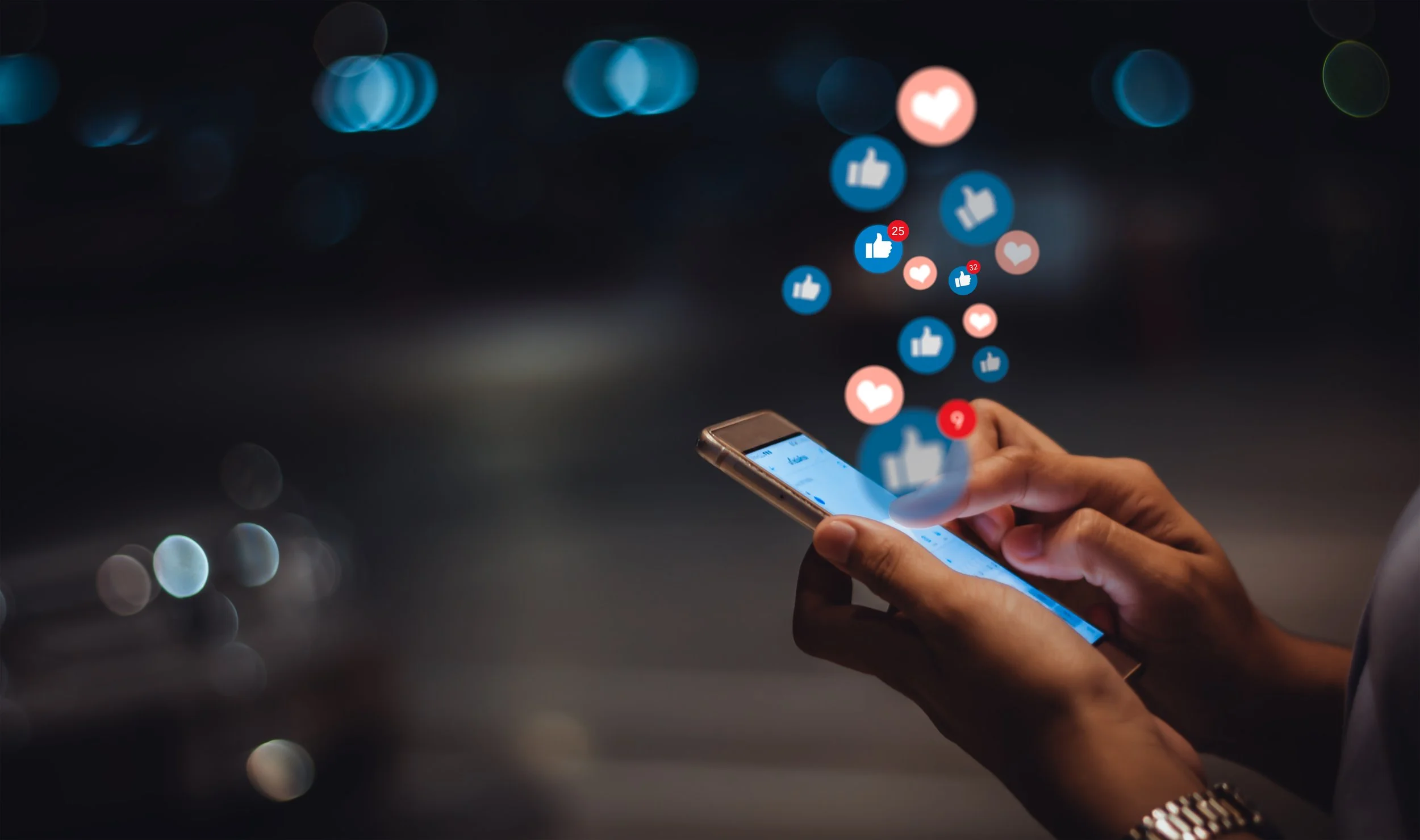“We expect more from technology and less from each other.”
An offended reader
Last week, I had a "discussion" with an offended reader who attempted to justify her use of a single emoji as a response to suffering. The post was about my own attempt to find treatment for post-cancer pain. She left a single emoji as a response: clicking took her two seconds. (Note: She raised the issue because she was offended; though I never called her out in my post. Public shaming of an individual isn’t something I can abide.)
The woman claimed that the medium (Facebook) was the problem because it didn't allow her to know whether an emoji, or words, was a more appropriate response. Huh? This wasn’t a post about someone’s cat, or a pic of their meal at a swanky restaurant. The issue was clearly more serious.
So according to her, it was the platform's fault. I guess if you can blame it on technology, you’re off the hook.
“Using only an emoji to respond to suffering is like offering a squirt gun to a person whose house is on fire. The response is grossly inadequate.”
Mixed Meanings
My response to the reader was that emojis (alone) are too non-specific to communicate anything meaningful. For example:
what does this mean?
Does this mean “angry,” or “disappointed?” Or does it mean, “I’m angry at you,” vs. “The issue itself peaves me.”?
what does this mean?
Does this mean “I’m praying for you,” or “Thank you for sharing,” or “I appreciate what you’re saying.”?
what does this mean?
Does this mean, “I’m laughing with you,” or “at you?” Is it mocking or playful?
what does this mean?
Does this mean “I agree with your post,” “I love this idea,” or “I care about you.”?
See the confusion?
Using specific words, perhaps in conjunction with an emoji, helps clears up confusion —more than emojis alone can. Words are better at creating relational connection as well, because they can dial-in our meaning and intent.
Lowering our standard of care
Perhaps the most troubling use of emojis is that they undercut a sense of commitment to each other. Dropping a single emoji with no further action says, “What’s the bare minimum response that doesn’t require much of me?” I clicked; now I can move on. As M.I.T. researcher and author, Sherry Turkle, suggests in her book, Alone Together, “We expect more from technology and less from each other.”
Words, even a short phrase, take only seconds longer to compose yet communicate a higher level of care and concern: “I’m taking the extra time to compose something thoughtful because I care about you;” or “I care about this issue enough to put it into words that clarify my intent.”
“Kind words do not cost much. Yet they accomplish much.”
further exploration
For an insightful discussion on our use of emojis, and emotional intelligence in general, here’s a podcast episode from The Huberman Lab, with guest, Dr. Marc Brackett. Listen here.





